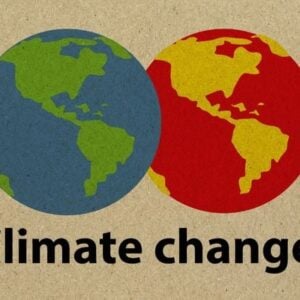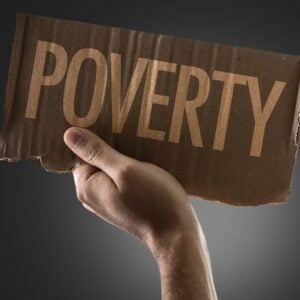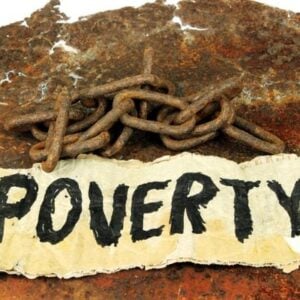Pakistan’s journey in poverty reduction reflects both notable achievements and persistent challenges. Between 2001 and 2018, the country’s poverty rate fell dramatically from 64.3% to 21.9%, largely due to increased labor incomes driven by a shift from agriculture to sectors like construction, trade, transport, and manufacturing. Real wages in these areas rose modestly, and by 2018, most households earned some form of non-agricultural labor income. However, since 2015, the pace of progress has slowed as these sectors face productivity constraints. Recent crises, including the catastrophic 2022 floods, the COVID-19 pandemic, and ongoing economic and political instability, have further strained vulnerable households, pushing millions back into poverty. By 2023/24, an estimated 60.4 million Pakistanis were living below the national poverty line, underscoring the urgency of renewed poverty reduction efforts.
Poverty in Pakistan extends beyond income and is closely tied to access to economic opportunities. Participation in the labor market remains limited, with just over half of working-age Pakistanis economically active in 2018 and the majority employed informally. Women and young people face significant barriers to employment, with female labor force participation at only 25.4% in 2020 and many women engaged in unpaid family labor or low-value home-based work. Young people also struggle, with 37% aged 15 to 24 not in employment, education, or training, limiting their ability to secure stable, productive jobs.
Investing in human capital is critical for sustaining long-term growth. Pakistan has made gradual improvements in health, nutrition, and education, but gaps remain, particularly among poorer populations. Nearly 40% of children under five experience stunting, and high rates of infant mortality and maternal malnutrition persist. Educational outcomes are concerning, with one in four primary school-aged children out of school and 78% of 10-year-olds unable to read and write a simple text. These disparities contribute to significant wage gaps, and girls—especially in rural areas—face additional barriers such as early marriage, high fertility, and limited financial independence. Poor public services and basic infrastructure, including unreliable schools, clinics, roads, and water systems, exacerbate these challenges, particularly for rural and low-income households.
Geography plays a critical role in shaping access to opportunity and services. Poverty rates vary widely, from 3.5% in Islamabad to 76.9% in Tharparkar, with seven of the ten poorest districts located in Balochistan. While 61% of the population is officially rural, many areas classified as rural exhibit urban characteristics but lack adequate infrastructure and public services. Rapid urban growth has not always translated into better living conditions, with settlements becoming denser without corresponding improvements in water, sewage, or other essential services.
Pakistan now stands at a pivotal moment to create a more inclusive and equitable future. By implementing spatially targeted policies and investing in public services and infrastructure, the country can unlock opportunities for all communities. Supporting higher-productivity employment, particularly for women, youth, and urban populations, alongside investments in education, health, and social protection, can strengthen resilience and foster sustainable growth. Addressing these interconnected challenges with data-driven and inclusive policies offers Pakistan a path to reclaim momentum in reducing poverty and building a future where every citizen has the chance to thrive.






